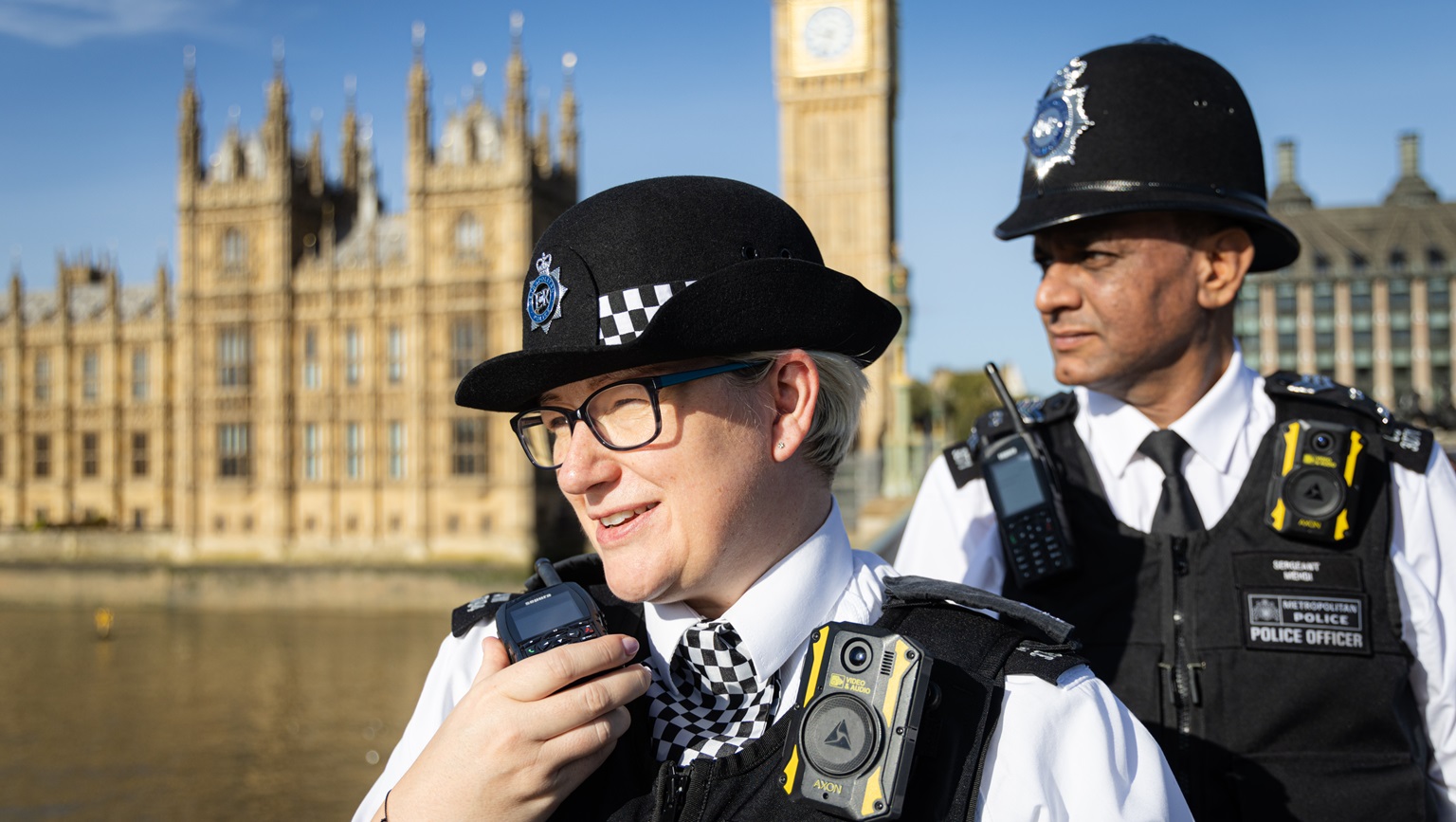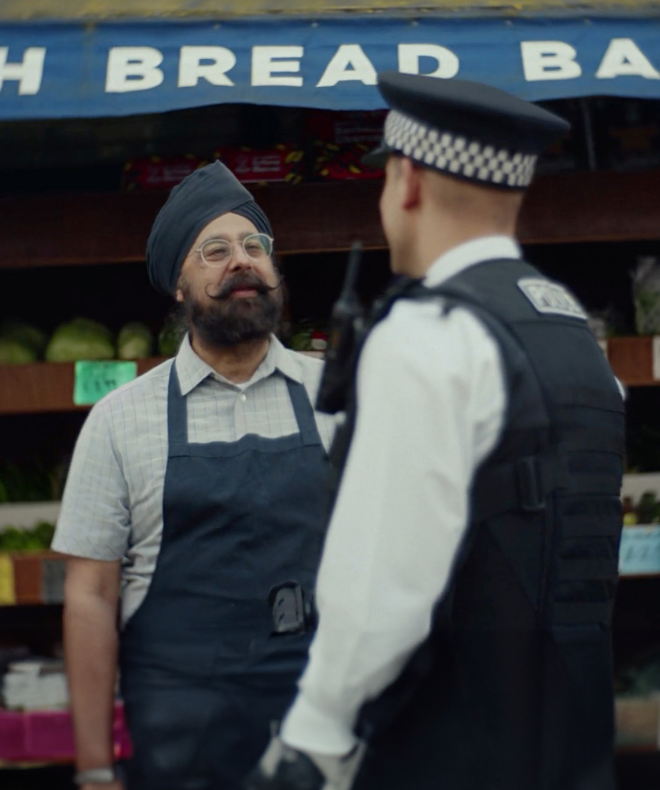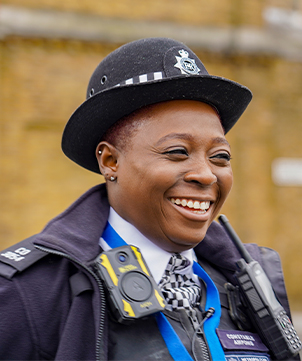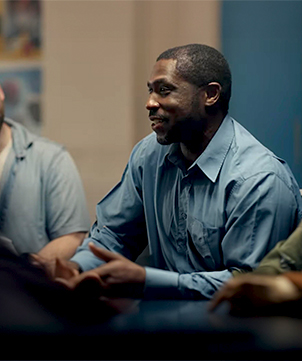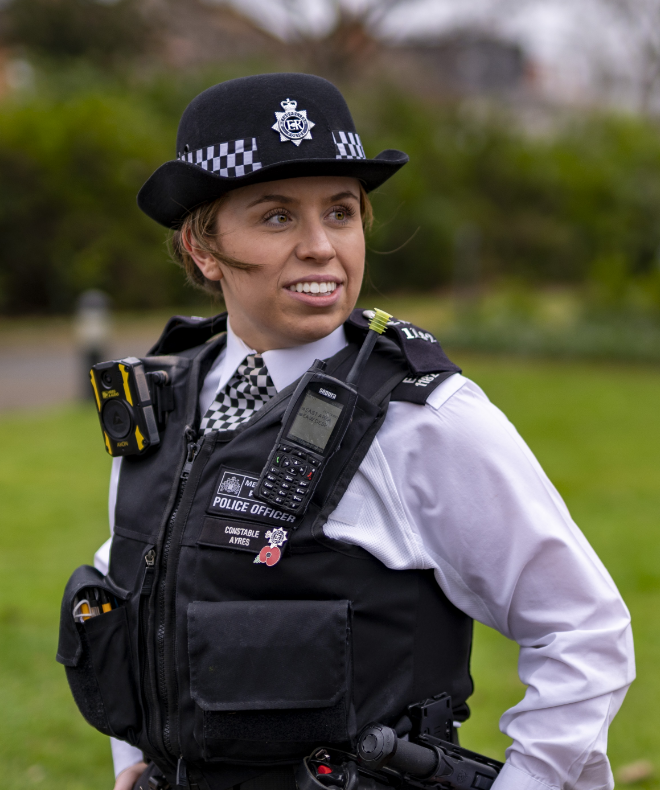Becoming a Special Constable
with the Met
We’re working hard to restore Londoners’ trust and confidence, reduce crime and maintain high standards.
We know we need to change – and to do that we need people like you to join us.
Our Special Constables are volunteer police officers who stand with our full-time police constables at the front line of
policing – our most important role.
For 16 hours a month, they invest their free time back into London, helping the Met provide the best service it can.
Same uniform, same powers
As volunteer roles go, it doesn’t get any more varied or exciting than this. Special Constables wear the same
uniform and have the same powers as regular Police Constables.
As a special, you’ll need to complete a minimum of 200 hours annually – so roughly 16 hours a month.
You could be responding to 999 calls, out on patrol, tackling antisocial behaviour, presenting evidence
in court – basically almost anything a full-time police constable would do.In return, you’ll receive
the best training possible to prepare you for policing London.
Plus you’ll be eligible for a range of benefits including free travel within London, a discount on your council tax (within Greater London)
and a range of other Metfriendly benefits and discounts.
Meet Special Constable Khaku
Years of service: six
Occupation: Building consultant
-
Several years ago a sergeant based in Harrow spoke to me about joining the Met. I felt that my community and I were underrepresented in policing and I wanted to change that. Being a special constable allows me to work closely with people, building trust, listening to their concerns and providing real resolutions.
I have been volunteering for the past six years now and I still look forward to putting on that uniform and stepping out on duty.
-
No two days are ever the same, but the constant is that as a special constable you can be the voice of reason in situations of heightened emotion. You get to be there for people when they are most in need.
As a special constable you have the same opportunities as a regular police constable. The Met is such a diverse service that you can shape your role to what you find interesting. You could be part of a response team attending to emergency situations, be office based investigating fraud, or working in neighbourhoods helping the community, the opportunities available to you are endless.
-
The most memorable moments are the ones where you know your actions have directly helped someone. From sitting with an elderly robbery victim for three hours to coming to the aid of a young man who had been stabbed. That’s the thing about being a special constable you learn life skills that are just as useful outside of Met, such as first aid and effective communication.
Meet Special Sergeant Davis
Years of service: six
Occupation: Chartered accountant
-
You can fit your shifts around you so I choose to work night shifts every other weekend. You only need to volunteer a minimum of 16 hours per month, when and how you do this is up to you.
My shifts often involve responding to emergency calls, the calls can be fast paced or slower depending on the scenario. From dealing with members of the public in distress, arresting those who have committed a criminal offence or checking on a child or vulnerable person’s welfare – the list really is endless.
-
Communication is key. Every shift presents you with a different scenario, you may not know what you are walking into but you know that you are there to help. One day you could be deescalating a situation the next helping a victim of crime, either way what you say is just as important as what you do.
London is such a diverse city, you get to meet people from all different cultures and backgrounds. This exposure has helped me in my role as an accountant as I often work with people who are based in different countries, where English is not their first language.
-
There are aspects of working as a special constable that can feel quite daunting. Nonetheless, it’s encouraged me to step out of my comfort zone, be confident in my abilities and surprisingly a female voice in a difficult situation can sometimes come in very handy in calming a situation down!
Meet Special Constable Milsom
Years of service: two
Occupation: Communications trainee
-
I have close friends who are regular police constables that inspired me to join. I have seen them step in and help people when they need it the most. There was one particular incident that stuck with me – and straight after, I went home and applied. As cheesy as it may sound I wanted to make a difference and give back to an amazing city that has done so much for me and bought me so many opportunities.
-
I was concerned that I would be treated differently to regular police constables by being put into dangerous situations unequipped or without the necessary training. It was a pleasant surprise that we are given the same safety training and equipment as a regular police constable to match the same responsibilities we hold as a special constable. You never feel alone, you learn on the job and have a whole team around you that you can go to for support and advice.
-
I was not yet sure of what I wanted to do in the future but I did know that becoming a Special constable was a sure fire way to develop my skill set and prepare me for the world of work. I am now confident that I can think logically and quickly in extreme pressure environments as well as being able to de-escalate volatile situations by simply talking to people.
By far the skill I am most proud of is being able to recognise when people are vulnerable or heading down a dark path in their life, you would be surprised at how easily the skills you learn on duty transfer to your personal life and vice versa.
-
If you’re looking for a new challenge,or are considering joining the service as a regular but are not quite sure, or want to serve your community positively, or simply want to broaden your horizons then becoming a special constable is a great place to start. You’ll see a side to London that you didn’t know existed and meet so many incredible people that will change your outlook on life. There is no shame in deciding it isn’t for you, but so much to gain from finding out that it is!
Meet Special Constable Walker
Years of service: seven
Occupation: Operations manager
-
I had always considered becoming a regular police constable. Joining the Met as a special constable gave me the opportunity to experience life on the frontline without having to commit to a full time role. After I had my children the volunteer role was perfect for me because it’s flexible, you can fit your shifts around you.
-
I judge people less. I take a step back assess the situation and make a decision without any preconceived assumptions. It is important to make the right decisions while remaining impartial. Every day is different, every borough is different so you have to be mentally prepared for anything. Although my role as a special constable is completely unlike my day to day job, you do realise just how transferable all the skills you learn on duty are. A member at my work had a heart attack and because of my training as a special constable I was able to keep a cool head and pull on my first aid skills to help.
-
At first they were worried, especially my husband, but after seeing how well equipped I am and how much I enjoy the role they soon got behind the idea. My children are extremely proud, they love to hear about my day and know that their mum is out there helping people. It’s a great feeling knowing that I am helping to build a better community for my children, for their future.
How do I apply?
Who we look for
Would you make a good Special Constable? One way to decide is to read our values and see if they sound like you.
These values define how we will behave and serve:

Integrity
I will always try to do the right thing. I will be fair and consistent in everything I do, being mindful of the impact of my actions. I will actively challenge those whose behaviour falls below public and the Met’s expectations.

Courage
I will show courage by making tough decisions when needed. I will always challenge racist, homophobic, misogynistic and any other discriminatory and inappropriate behaviour. I will show humility.

Accountable
I will strive to build trust with the public, colleagues, and partners, by being open, honest and taking ownership for what I have done and why. I will admit when I make mistakes, learn from them and improve.

Respect
I will respect the rights of everyone I meet. I will listen to individual perspectives and needs. I will try my best to understand a diverse range of views and achieve the best possible outcomes for the public.

Empathy
I will care about communities and colleagues and try to understand their perspectives and experiences, at all times. I will be kind and listen and understand without judgement. I will take time to clarify and explain my decisions.
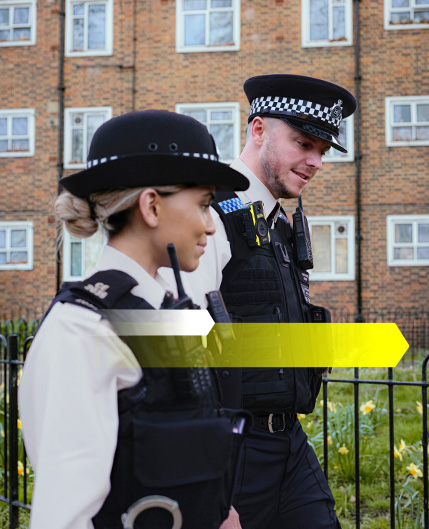
CHANGE
BUILDS
BRIDGES
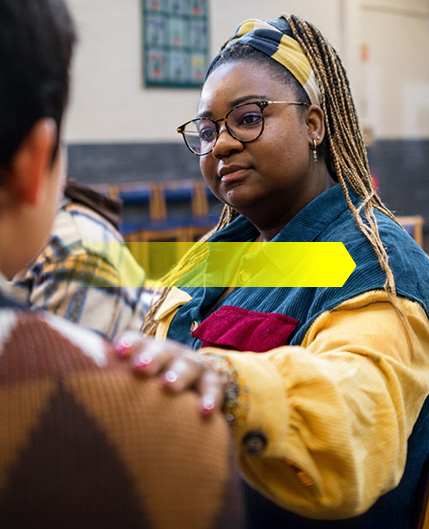
-
Other qualifications
- There are no formal educational requirements, however you will be asked to evidence a GCSE in English Language Level 4-9 or C or a higher level of academic attainment, if you are unable to, you will be invited to complete an online English assessment to get through the selection process
- You must be 18 to join us(but you can apply when you are 17). There is no upper age limit for special constables.
-
Your health and fitness
Policing isn’t easy, and you need to be fairly fit and healthy to cope with the demands of the job.
- You will need to pass a fitness test. Start preparing now by watching our YouTube video for tips and download the Met’s six-week training programme. Or find out more on the College of Policing website.
- Some medical conditions can prevent you from being able to cope with the physical and mental demands of the job. Find out which here: HM government medical standards
- You must meet the police eyesight standards. Your eyesight is tested as part of your medical, which takes place during the application process.
-
Other things to be aware of
- You must have lived continuously in the UK for the last three years (unless you have been serving abroad in the British Armed Forces or on UK government service).
- If you’re not from the UK, you must have indefinite leave to enter or leave to remain in the UK. Due to changes in legislation, members of the European Economic Area (EAA) are now required to have ILR or EU settled status.
- If you have tattoos you’ll need to tell us about it when you apply. We have a tattoo policy that you’ll need to meet. You can’t join with tattoos that are on your face, or the sides and front of your neck above the collar line. We must also be confident that your tattoos aren’t offensive, violent, discriminatory, political or rude.
See the full tattoo policy below
-
Vetting
Working for the Met means holding a position of trust. Vetting checks are an important way to maintain our high standards and reassure Londoners that appropriate checks are done.
You can find out more on the vetting process here.
-
Cautions or criminal convictions
Having a previous caution or conviction doesn’t necessarily disqualify you from applying, but please be as open and honest as possible. If you hide anything from us or are dishonest in your application, you will be rejected.
Any information we gather in the vetting process is confidential and kept separate from your other recruitment data. We try to be as open and fair as possible during this process.
-
Reasons you can’t join
- If you have unpaid debts or liabilities, an outstanding county court judgement, or you can’t manage loans or debts sensibly.
- If you are or have been a member of organisations like the British National Party (BNP), Combat 18 or the National Front. This isn’t a full list.
- If you use illegal drugs. You’ll have to pass a substance misuse tests before you can join us.
Employers, support your employees – and London
Would you like to support your employees to join the special constabulary? Consider the benefits of the Employer Supported Policing (ESP) scheme .
Application process to become a
Special Constable
The entire process of becoming a Special can take a little while. It’s an important job and we can’t rush the process. But if you’re successful you’ll be beginning a career that could change your life – and the lives of Londoners everywhere.
At each stage of your application you’ll be contacted by our recruitment team.
They’ll give you information and support, to help you be your best.
-
Step 1: Online registration form and application
First you’ll need to complete and submit an online registration form and application form, to make sure you pass our basic eligibility criteria.
When we get your application we will conduct a basic security check. This takes around seven days.
-
Step 2: Assessment day
If your initial application is successful, we’ll invite you to an online competency-based question interview to uncover your core competencies, values and motivations for joining.
-
Step 3: Medical and fitness
You’ll then be asked to a fitness test and medical health assessment. The medical assessment will include eyesight, hearing and blood pressure tests. This is where we’ll conduct DNA, fingerprint and substance misuse tests.
You’ll also take our fitness test – a multi-stage shuttle run. You can get ready for this stage in advance. Watch our YouTube video for tips and download our six week training programme.
If you pass, you will receive a conditional offer that same day with details about the start date of your training to become a Special Constable.
-
Step 4: Pre-employment checks and vetting
These checks are there to make sure we are recruiting people who meet our standards of behaviour and share our values. The length of time this takes can vary. On average, it takes about two months for these checks to be completed.

Our careers are open to members of every community. Take your place with us and be part of the change.

